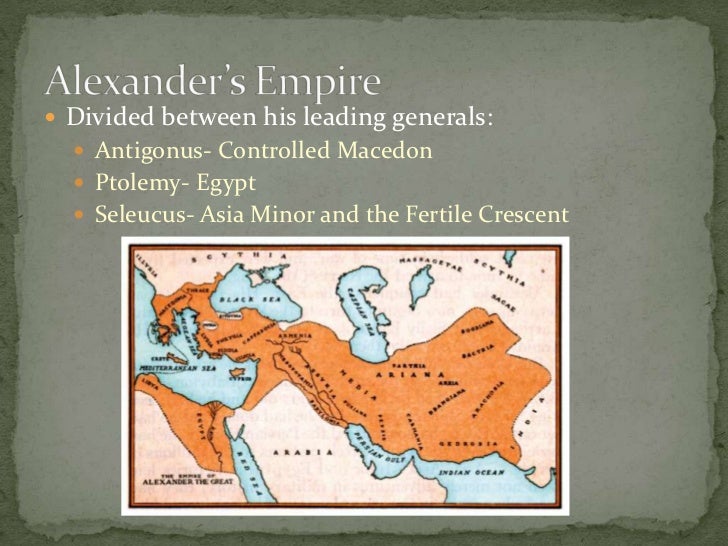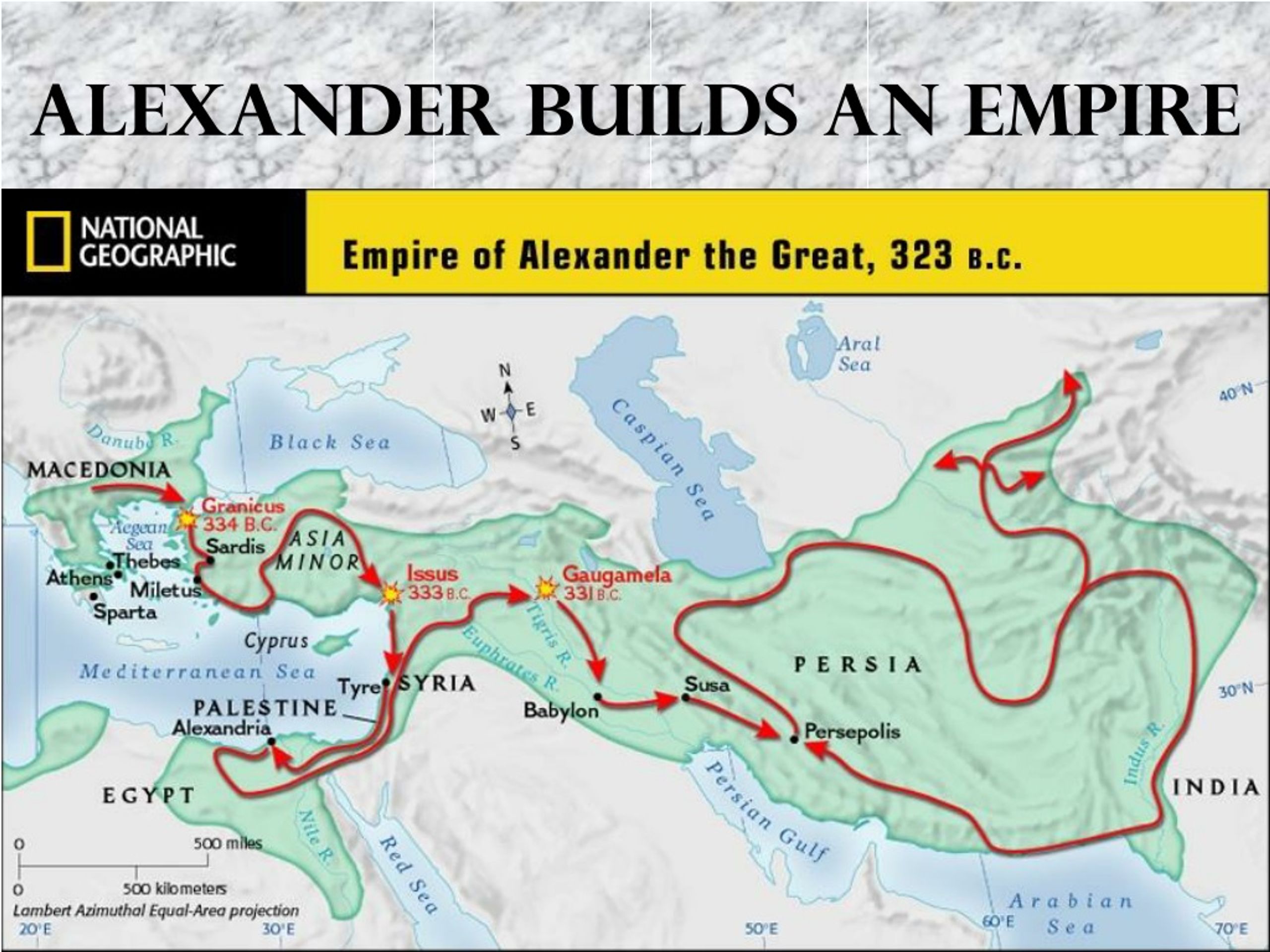

Major players were Alexandria in Kabul’s territory, Boukephala on the Jhelum, and Alexandria in Sindh’s region. Some Greeks may have lived in the northwest before Alexander’s conquest, but this region saw an explosion of Greek enclaves. Alexander’s war opened up four unique land-and-sea routes for Greek traders and artisans, allowing them to expand their trading networks. Direct interaction between India and Greece was one of the most significant outcomes of this invasion. Although the Maurya dynasty eventually seized control of India, the Greeks nevertheless had a presence in the country. The Indian region he annexed to his kingdom was much more significant than the one Iran had conquered. The Indian expedition of Alexander the Great was a resounding success. Impact of Alexander’s Invasion in Indiaĭuring Alexander’s invasion, ancient Europe and ancient South Asia came into touch for the first time. However, the Greek lands in India were soon taken over by Maurya dynasty rulers, who added a vast Indian province to their empire. Alexander’s invasion of India was a resounding success. As a result of Alexander’s conquests, ancient Europe and India had their first encounter for all time. However, his territory was split into three pieces, each of which was administered by a different Greek governor. Most of the states he conquered were returned to the king’s rule, who gave in to his will. Despite this, he made some plans of his own. He hardly had time to plan his conquests before they were launched. The 19 months he spent battling in India (326-325 BCE) were some of the most trying. To no avail were his hopes for an eastern empire realised.Īlexander conquered several tiny republics and made his way back across the Indian subcontinent. To the king, who had never before suffered defeat at the hands of his adversaries, this was the first time he had ever had to accept defeat. So, despite Alexander’s repeated pleas to go forward, the Greek warriors remained steadfast. The Nandas, rulers of Magadha, had an army that dwarfed even Alexander’s in size. The Ganga had a great deal of power, particularly valid for the Greek warriors. When it came to military prowess, the Indians ruled the roost in the region. On the banks of the Indus, they had also received a taste of Indian combat prowess, which prompted them to halt their march. They were homesick after ten years of fighting in India’s sweltering heat.


War-weary and disease-ridden, the Greek army surrendered. To the east, he wished to go, but his troops refused to join him. After that, he continued his journey until he arrived at the River Bees. As a result, he returned his kingdom to him and made him an ally. Despite Alexander’s victory over Porus, the boldness and courage of the Indian prince caught his attention. Alexander encountered the first and toughest opposition from Porus as he crossed the Jhelum River. As soon as the invaders arrived, Ambhi, the king of Taxila, quickly surrendered and bolstered his forces. These were the effects on India after the Iranian invasion. A united front could not be established, and the Khyber Pass was left unprotected.Īfter conquering Iran, Alexander marched on to Kabul, from whence he crossed the Khyber Pass into India and arrived at the Indus River. Together, they may have thwarted Alexander’s progress. Ambhi, the prince of Taxila, and Porus, whose dominion was between the Jhelum and the Chenab, were two of the kings of these regions. Each of these states was very straightforward for Alexander to conquer. Independent kingdoms and tribal republics governed the region, all deeply rooted in the land and devoted to their principalities. His ideas were well-suited to the political climate in north-western India. The study of geography and natural history were among two of Alexander’s many interests. Herodotus and other Greek authors encouraged Alexander to attack this nation by painting India as a fantastical kingdom. He made his way from Iran to India, apparently swayed by the country’s enormous riches. In addition to Asia Minor and Iraq, Alexander the Great also conquered Iran.

Greeks eventually defeated the Iranian empire, thanks to Alexander, in Macedonia. The fourth-century BC was a time of great conflict between Greece and Iran. Invading the mysterious country of riches was the next step after conquering Syria, Egypt, and Persia. Alexander the Great made his way there in 327 BC.


 0 kommentar(er)
0 kommentar(er)
